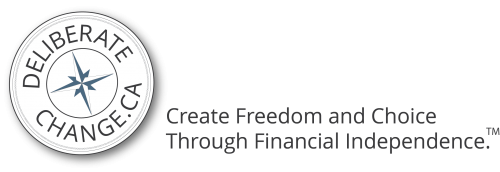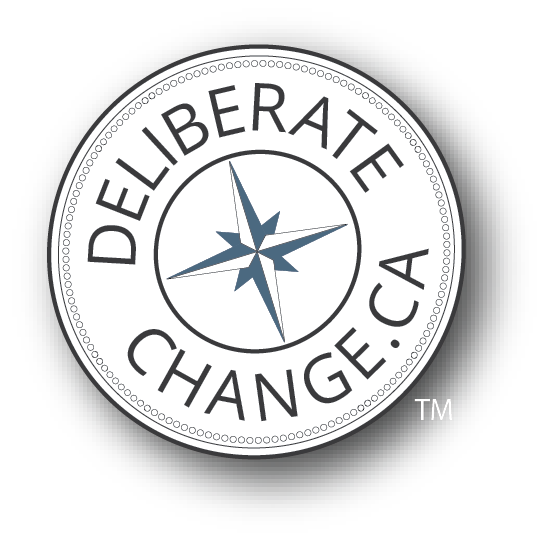 I’m no naval expert, nor do I have any special knowledge about hanging stuff on walls. And I’m guessing you’re probably in the same boat. I’m also guessing that you know that the main purpose of an anchor is to hold something in place.
I’m no naval expert, nor do I have any special knowledge about hanging stuff on walls. And I’m guessing you’re probably in the same boat. I’m also guessing that you know that the main purpose of an anchor is to hold something in place.
This can be a good thing in the case of artwork or ships in a storm. But all too often in life, we fail to pull up the anchor, instead allowing ourselves to remain fixed in place, restricted by the length of our chain, afraid of the winds of societal pressures and expectations.
So let’s dive straight to the point: What is the anchor that’s holding you back from leading a deliberate and purposeful life? And how will you reel it in?
I am sometimes held back by fear and insecurity. Like many people, I’m often too concerned about what others think, because my skin is perhaps a little too thin.

Source: http://www.homedepot.ca
I remember the first time I received pointed, negative feedback from a stranger about my blog after I had posted a link to one of my earlier articles. He replied with a scathing review, not realizing that I had written the article. I felt pretty bad (and so did he, actually, for being so direct). But I composed myself, dug deep into my emotional intelligence training, and responded. What ensued was actually a very helpful conversation between us on how to improve my writing.
In general, I’ve seen that fear is often the core anchor holding people back, underpinning other symptoms. The Fear Anchor is often tied to insecurity and what other people think. It could be fear failure, of the unknown, of doing something different, of over-commitment, of lack of approval, of too big of a job.
This fear, whatever it is, then often leads to paralysis. Or in engineering parlance, analysis paralysis. Otherwise known as getting stuck.
You start to play the What-If games. What if I try this and don’t succeed? What if I get laughed at, or people talk about me behind my back? How will my family and friends react to this decision? What if it costs far more money or takes too long? I’ve never done this before, and don’t have a clue how to proceed!
I recently wrote about my experience running a small non-profit organization. When I stepped up, I really had no idea what I was doing. But after some research, reflection, and reassurance from others who had gone before me, I realized that it was actually just a new application of my existing skillset and an opportunity to develop some new skills. Of course, there was plenty to learn and do, and it was actually a lot of fun once I got past that initial hurdle.

Years ago we purchased a small rental property. But it took several years of humming and hah-ing and tire kicking and reading to get there. Eventually I simply had to decide that it was time to move from being a talker to being a doer. So we did. And it was terrifying, but rewarding.
In both of those cases, there was a magic bullet to conquering fear: knowledge. I obviously had to acknowledge my fear and give thought to what the real issue was. But then I realized that I could overcome that fear and insecurity by learning. The downside, of course, is that analysis paralysis can creep in again. You have to realize when you’ve learned enough from talking and reading and number crunching to step out, take a risk, and haul in the anchor.
An appropriate amount of knowledge is often the magic bullet to conquering fear
There’s another core anchor that I’ll touch on briefly: Laziness.
If you are inherently, predominantly, and perpetually lazy, there’s probably not much that I can say or do to change that. But if you’re like many people (self included), you go through laziness phases. Otherwise known as extended rest. Just don’t rest for too long, lest the laziness become permanent.
Recognize when you’ve gone through your rest phase, and recognize Newton’s First Law: An object in motion or at rest will remain in motion or at rest until acted upon by an external force. Don’t let laziness take hold, but also do not let anti-rest take hold. Work hard to control the cadence of your life and your lifestyle, such that you have the right amount of energy to tackle the causes and activities you’re passionate about. Don’t let fear or laziness hold you back from leading the life you choose.
 Your Turn Now!
Your Turn Now!
What is your anchor? Do agree with fear and laziness? Any other good examples or counter-points you’d like to share?

 Your Turn Now!
Your Turn Now!







The anchor holding me back is fear of quitting my job, being unsure if the cash flow from rental properties is really enough to live off of.
“An object in motion or at rest will remain in motion or at rest until acted upon by an external force” – such is the importance of momentum. Keep progressing every day with massive action, and soon it’ll feel like you’re drafting off yourself, and it becomes easy to maintain your speed. The only downside to that speed is the difficulty of steering in new directions, so occasionally slowing down is ultimately necessary for a living a thoughtful, deliberate life.
Thanks for sharing – Great points, Kellan! If you’re going too fast all of the time, you might miss opportunities for other exciting opportunities.
Kellan, in your case it’ll be enough. Dooo ittt! 🙂
I’d bet money you’ll be more than ok.
Great article!
My greatest anchor is two part:
Caring too much what other think and overcommitting.
The two work extremely well to pull my boat to a slow crawl..
Thanks for sharing, Mike! Those anchors can be brutal on your work-life balance.